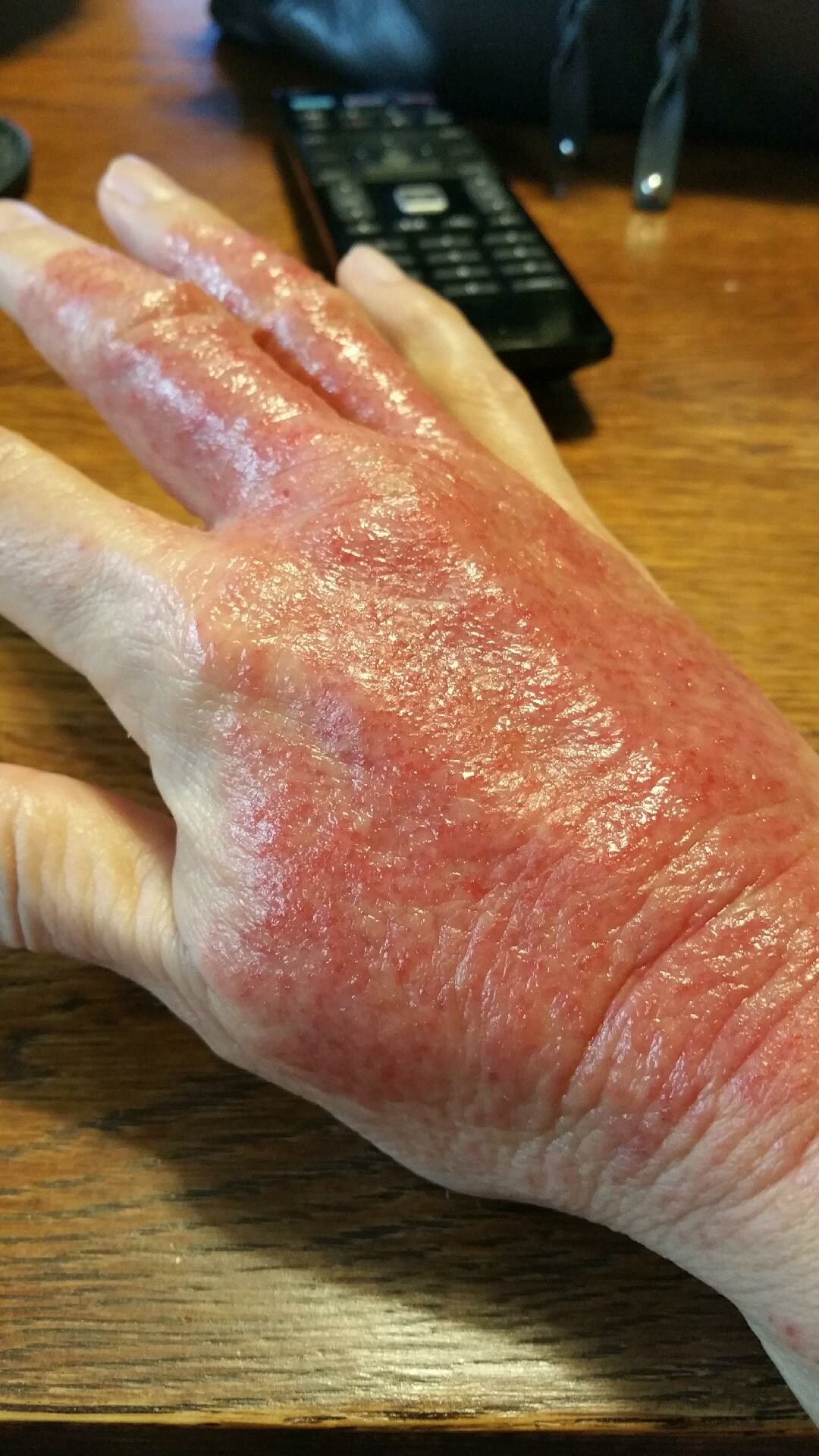
Leaky gut syndrome is a condition that millions of people are struggling with and often don’t even know it. It’s a staggering statistic but it actually affects about 80-90% of people today, and the symptoms affect the whole body not just the digestive system.
Setting some of the myths surrounding leaky gut to, hopefully, help you find some answers.
Myth #1: There is no research on leaky gut, therefore, it is not real ... just a myth
The correct medical terminology for leaky gut is "intestinal permeability". Any searches in the National Library of Medicine or "pubmed.gov" will find approximately 5330 papers using "intestinal permeability". The term, "leaky gut", must be coming more accepted as a "pubmed.gov" search also now results in approximately 418 peer-reviewed papers.
Myth #2: Nutritional supplements can fix leaky gut
Yes and No. About 20% of leaky gut conditions can be helped solely with supplements. Inflammation is an "effect" of leaky gut. So, it is not uncommon to use supplements and botanicals that are anti-inflammatory such as butyrate, glutamine, and marshmallow extract. However, inflammation is not the cause or trigger of leaky gut.
There are many factors to consider when figuring out what your cause or trigger for "intestinal permeability" is. Is it hormone deficiencies, autoimmune diseases, food sensitivities, etc?
Leaky gut that is autoimmune-based can be cyclical. Flares will come and go and so will the inflammation. Supplementation will help with the inflammation but not the underlying cause. These types of leaky gut situations can be a life-long project.
So, for the 80% that are not helped by supplementation, it is really important to drill down to figure out what the underlying cause is. Though not a diagnostic tool, this Biosurvey can be beneficial in honing in on the areas your body is needing for support ... hormones, gut-related, nutritional deficiencies, stressors, etc.
Myth #3: You must have leaky gut if you have multiple food sensitivities
Leaky gut can be a factor with food sensitivities. However, a more likely reason is the loss of "oral intolerance" ... or, the body’s inability to properly recognize and respond to food proteins. Oral intolerance is the basis for food sensitivities ... especially with chronic illness and autoimmunity.
When oral intolerance is lost, this causes the immune system to overreact to proteins causing your body to view them as threats ... as invaders.
Myth #4: If leaky gut is fixed, then the food sensitivities will be gone
Lifestyle habits can contribute to leaky gut .... highly inflammatory diet .... chronic antibiotic use. Improving the diet, reducing chronic stress, trying to reduce or eliminate the need for antibiotics and taking supplements ... these lifestyle changes can contribute to leaky gut recovery.
However, anyone who has a more complicated, underlying trigger ... celiac for example .... may have significant damage to the gut wall. Regardless of the gut wall condition, cross-reactivity ... eating a particular food like nightshades or non-glutinous grains ... will cause the immune system to attack the tissue in the body that contains identical amino acid sequences ... aka food sensitivities. Doing things to address leaky gut may help alleviate some symptoms, however, the food sensitivities will not go away because the celiac and cross-reactivity will still be there.
Myth #5: Fixing leaky gut means your autoimmune disease are fixed
Plain and simple ... autoimmune diseases are not curable. They can, however, be managed better and helped to go into "remission". However, things like stress, toxins, viral infections, inflammation, food reactivity, etc. can trigger flare-ups. So, by focusing on good gut health by focusing on a non-inflammatory diet and other lifestyle changes to reduce stress, toxins and other external stressors can go far in keeping those flare-ups few and far-between.
Updated 2/20/24




















0 Comments